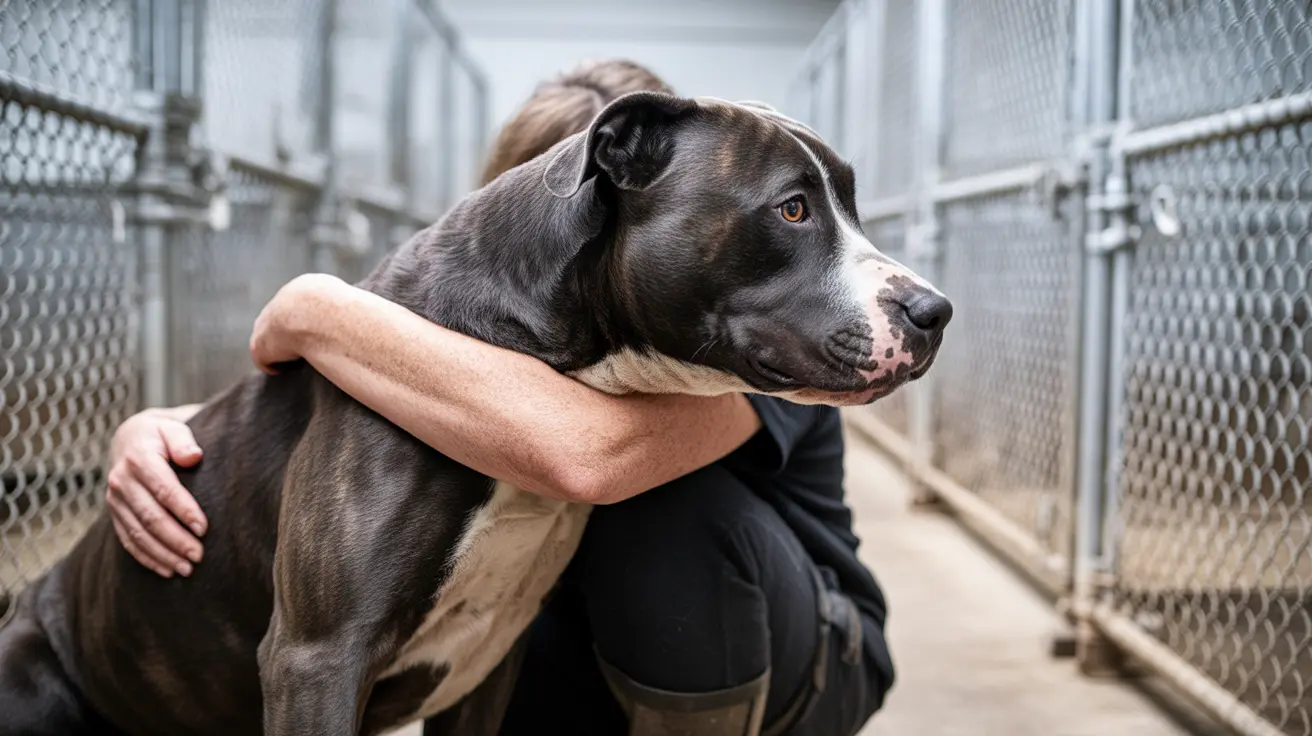Are Boiled Eggs Good for Dogs?
Many dog owners wonder if sharing a simple, nutritious snack like a boiled egg is safe for their furry companions. Let's explore the benefits, considerations, and best practices around feeding boiled eggs to dogs.
Nutritional Value of Boiled Eggs
Boiled eggs are packed with high-quality protein, essential amino acids, and important vitamins and minerals. For dogs, these nutrients can support muscle maintenance, healthy skin and coat, and overall vitality. Some key components include:
- Protein: Supports muscle growth and repair.
- Vitamin A: Promotes vision and immune health.
- Vitamin B12: Aids in nervous system function.
- Selenium: Acts as an antioxidant.
- Riboflavin (B2): Helps metabolize food into energy.
The egg white contains most of the protein, while the yolk provides healthy fats and fat-soluble vitamins. Feeding your dog a whole boiled egg gives them the full spectrum of these nutrients.
Potential Health Benefits
If your dog tolerates eggs well, incorporating them (occasionally) into their diet can offer several advantages:
- Shiny coat: The fatty acids in egg yolks contribute to skin health and a glossy coat.
- Muscle support: Active or growing dogs benefit from the extra protein.
- Digestive aid: Eggs are generally easy on most dogs' stomachs when cooked thoroughly.
You might notice your pup's fur looking healthier or their energy levels staying steady after adding an egg to their weekly routine.
Cautions and Best Practices
While eggs are nutritious, there are important guidelines to follow before offering them to your dog:
- Avoid seasoning: Never add salt, pepper, butter, or other spices. Serve plain only.
- Cook thoroughly: Raw eggs can carry bacteria like Salmonella. Always boil until both yolk and white are firm.
- Moderation is key: Too many eggs may lead to weight gain or upset digestion. For most medium-sized dogs, one egg two or three times per week is sufficient.
- Watch for allergies: Some dogs are allergic to eggs. Start with a small amount and monitor for itching, swelling, or digestive issues.
If your dog has any chronic health conditions (like pancreatitis), consult your veterinarian before introducing new foods—even something as simple as an egg.
The Shell Question
You may have heard that crushed eggshells offer calcium. While this is true, shells should only be fed if they're ground into a fine powder to prevent choking or injury. Most commercial diets already contain adequate calcium for adult dogs, so extra supplementation usually isn't necessary unless directed by a vet.
Puppies vs. Adult Dogs
Puppies can eat boiled eggs too—just make sure they're chopped into small pieces to avoid choking hazards. Because puppies have sensitive digestive systems, introduce new foods gradually and in tiny amounts at first. Adult dogs of all breeds typically handle boiled eggs well when served appropriately.
Troubleshooting: Signs of Intolerance
If you notice any of these symptoms after feeding your dog an egg, discontinue immediately and consult your veterinarian:
- Vomiting or diarrhea
- Red or itchy skin
- Lethargy or unusual behavior
Mild digestive upset sometimes occurs with any new food but should resolve quickly once removed from the diet.
The Bottom Line: Occasional Treats Only
A boiled egg makes an excellent occasional treat or meal topper for most healthy dogs. It's best not to replace balanced commercial dog food with large quantities of eggs since they don't provide every nutrient your pet needs daily. Used sparingly and prepared simply, boiled eggs can be part of a varied and enjoyable canine diet—and most pups love them!





